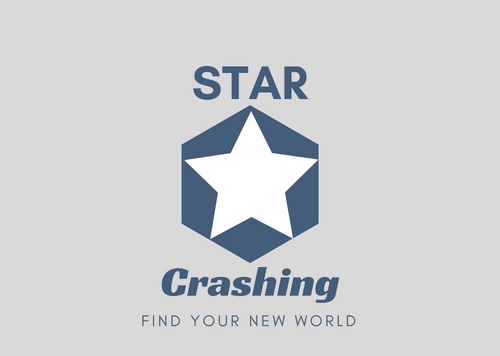Game Title: Bananagrams
Release Date: 2006
Number of Players: 2-8
Average Game Time: 15 minutes
Game Publisher: Bananagrams, KOSMOS, Vennered Forlag AS
Website: http://www.bananagrams.com/
Game Designer: Rena & Abe Nathanson
Expansions/Alternates: None
Available in Stores: Yes
To round out my few weeks of games that aren’t confined to a board, I pulled a game off my shelf that I haven’t played in a while called Bananagrams. Basically a fast-paced Scrabble with no limitations on space, Bananagrams is a fun game for families that involves thinking and acting quickly.
The original  of the fruit-based games created by Rena and Abe Nathanson, Bananagrams focuses on quick real-time action where you work to use up all of your tiles and create a makeshift Scrabble “grid”. You start with 21 tiles and once you use them all, you yell, “Peel” and everyone has to take one more tile. The process continues until there are no tiles left, and then the person to use up his or her last tiles wins… assuming he or she spelled every word correctly. If there are misspelled words, that player is disqualified and all other players resume play until someone else finishes.
of the fruit-based games created by Rena and Abe Nathanson, Bananagrams focuses on quick real-time action where you work to use up all of your tiles and create a makeshift Scrabble “grid”. You start with 21 tiles and once you use them all, you yell, “Peel” and everyone has to take one more tile. The process continues until there are no tiles left, and then the person to use up his or her last tiles wins… assuming he or she spelled every word correctly. If there are misspelled words, that player is disqualified and all other players resume play until someone else finishes.
The game has a lot of similarities to Scrabble; by the end of the game it even looks like there are multiple small Scrabble boards on the table. The number of letter tiles and the frequency of how many tiles each letter has are also very similar. However, there are some major differences as well. The letters you draw don’t have any specific value to them; playing a Z as opposed to an A doesn’t have any inherent differ ence. There’s also not as much of an advantage of playing large and complex words, though more words means less extra tiles and an easier time playing off of them in your connected grid. Being able to play two-letter words is just as important as playing seven-letter words. Speed is the priority, and the ability to change your grid when necessary to accommodate the new tiles you draw.
ence. There’s also not as much of an advantage of playing large and complex words, though more words means less extra tiles and an easier time playing off of them in your connected grid. Being able to play two-letter words is just as important as playing seven-letter words. Speed is the priority, and the ability to change your grid when necessary to accommodate the new tiles you draw.
The pros of the game are that it is engaging, fast-paced and constantly evolving. It’s tough to get the nuances of how to play each tile effectively, but once you get the hang of it it’s a great game to play on game night. Another advantage is that the bett er you do at the beginning of the game, the easier it is to stay in the lead since you only have one tile to work with. This challenges your opponents to use an ever-increasing set of tiles while you work to grow your lead. Finally, he variety of each game is also a plus because there are plenty of tiles and you will always draw different combinations and have to use different words.
er you do at the beginning of the game, the easier it is to stay in the lead since you only have one tile to work with. This challenges your opponents to use an ever-increasing set of tiles while you work to grow your lead. Finally, he variety of each game is also a plus because there are plenty of tiles and you will always draw different combinations and have to use different words.
The cons of the game are in the one-sided nature of pulling the tiles randomly. There are times when you get three Qs and no vowels and you’re stuck no matter how much you change around your grid. You do have the ability to exchange tiles for new ones, but it sets your game back and makes it difficult to keep up with others who drew well. That and the fact that your grid can go all over the table in every direction, and sometimes you have to shift it (which can take a while), mean that the game can be very frustrating at times.
Ultimately the pros of the game outweigh the cons and it’s definitely worth playing if you like word puzzles and brainteasers. It’s cheap and easy to transport, so it’s also good for family trips.
Jack’s rating: 3.5/5 stars


It’s a great travel game. I like to play by myself
LikeLike
Pingback: Games to play during Quarantine | The Boardwalk Games